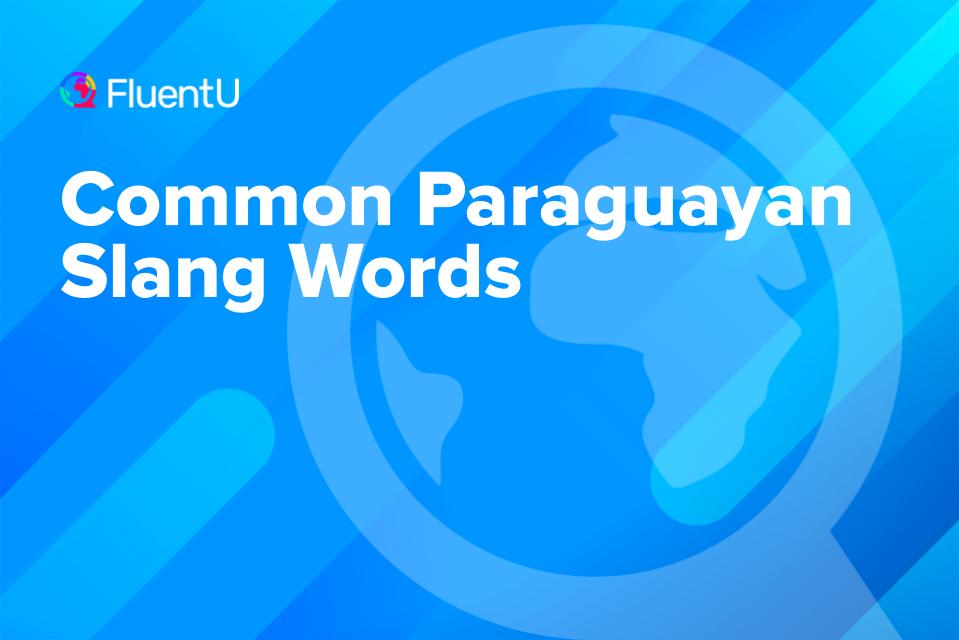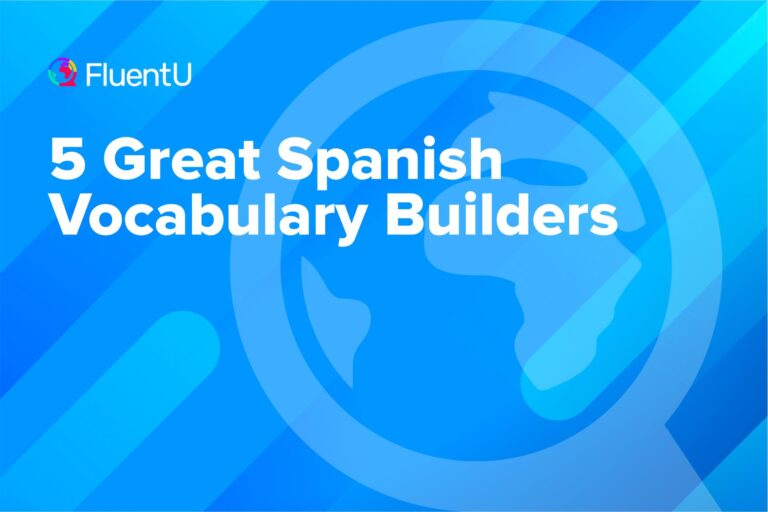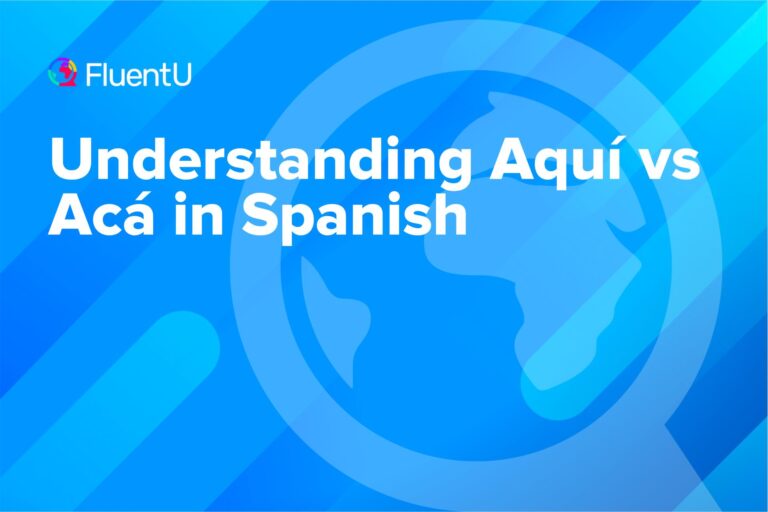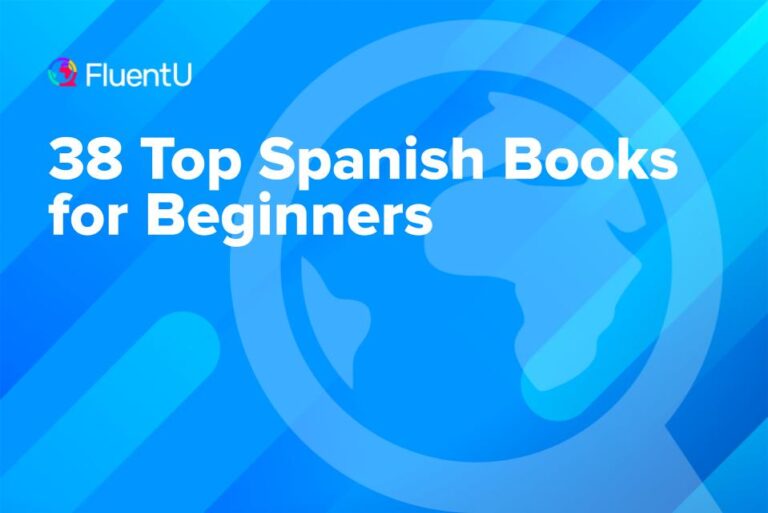Common Paraguayan Slang Words

Paraguay has been called the world’s happiest country. One of the reasons cited is its cultural tendency to focus on the positive aspects of life rather than dwell on any negatives.
If you’re planning on visiting Paraguay, you’ll want to know some Paraguayan slang before you go. Keep reading for 13 of the most common Paraguayan slang phrases you should know!
Download: This blog post is available as a convenient and portable PDF that you can take anywhere. Click here to get a copy. (Download)
1. Chake
Chake is a word that you kind of hope you don’t hear often. And if you do, pay attention to whatever’s going on, fast!
It’s a word of warning that means to look out or beware—something’s about to happen and you may need to duck or get out of the way.
¡Chake! ¡Ese autobús viene demasiado rápido! (Look out! That bus is coming too fast!)
2. Bagre
A bagre is a type of catfish and while it’s not particularly attractive, it’s also not terribly repulsive.
However, when the word is used as a slang term, it means that a woman isn’t attractive. In other words, it’s a way of saying a woman is ugly.
¿Has visto a la nueva esposa de Juan? ¡Bagre! (Have you seen Juan’s new wife? Ugly!)
3. Tranquilopa
Tranquilopa means everything’s okay. It’s a combination of both official Paraguayan languages.
The Spanish word tranquilo (tranquil) plus the Guaraní word pa (everything), forms this creative expression that’s used often and covers many situations.
¿Cómo está tu cena? ¿Cómo está tu arroz y frijoles? (How’s your dinner? How are your rice and beans?)
¡Tranquilopa! (Everything’s okay!)
4. ¿Qué tal?
This slangy greeting is something any visitor is going to hear often in Paraguay. It means “Hello” or “What’s up?”
It’s definitely not specific to Paraguay—lots of Spanish-speaking countries use this expression—but it’s much more common than a formal greeting so it’s a good idea to get comfortable saying and hearing it.
“¿Qué tal?” from a store clerk.
“¿Qué tal?” from a bartender in the local club.
“¿Qué tal?” from the kid who passes you in the street.
See? It’s one of those expressions that you could hear from anyone, anywhere.
5. Tembo’i
This is another word you probably don’t want to hear, especially if you’re a male. That’s because tembo’i refers to small male genitalia. It can refer to the actual physical item itself or it can be used as an insult.
In Spanish, we usually add -ito or -ita to indicate something is small. Guaraní has a similar rule, where adding i to the end of a word signifies that the object or person is little or petite.
For instance, if you have a short friend named Lupe, you might call her Lupe’i. Just remember that this word can be easily confused with the word tembi’u, which is a casual food term.
¡El es un idiota! ¡Tembo’i!
(He’s an idiot! Tiny [you-know-what]!)
6. Haku
Haku is a reference to the weather that means it’s hot out. Given that Paraguay has a subtropical climate, this is a very useful expression!
¡Haku! (It’s hot!)
7. Purete
Purete means “cool” but has absolutely no connection to the weather. It’s a cool way to say “¡No hay problema!” (“No problem!”).
When la camarera (the waitress) realizes she’s goofed on your breakfast order, just wave a hand and say, “¡Purete!”
8. Guapo / Guapa
Literally translated, guapo or guapa means “handsome” or “beautiful” but in Paraguay it’s a slang word for “hard-working.”
¿Mi hermano? ¡Él es guapo! (My brother? He’s a hard worker!)
9. Chipa
This is a traditional Paraguayan cheesy bread.
¿Quieres probar chipa? (Do you want to try chipa?)
10. Terere
This is actually Paraguay’s national beverage. It’s a cold drink that is made from yerba mate and has even been recognized for its cultural significance by UNESCO.
Terere es mi bebida favorita. (Terere is my favorite drink.)
11. Chisme
This is a slang term for gossip or rumors.
Les gusta difundir los chismes. (They like to spread rumors.)
12. Ahata-ayu
Since there’s so much Guaraní influence, it makes sense that words from this language would make their way into daily use. Most Paraguayans will use this to say goodbye.
Ahata-ayu, ¡hasta luego! (Goodbye, I’ll see you later!)
13. Chera’a
Another Guaraní word, this means “my friend.”
¿Estás lista para ir, chera’a? (Are you ready to go, my friend?)
What to Expect from Paraguayan Spanish
Paraguay is a bilingual country that has two official languages: Spanish and Paraguayan Guaraní. The majority of the population speaks the indigenous language, Guaraní.
Guaraní is a very old language that has survived mostly due to Paraguay’s relative isolation. Paraguay is located between Argentina, Brazil, and Bolivia and is completely landlocked, resulting in minimal outside influence.
While Paraguayan Guaraní is taught in schools, many people speak what’s called Jopará—an everyday mix of Spanish and Guaraní.
In addition to its heavy Guaraní influence, Paraguayan Spanish includes the use of the voseo verb conjugation. This means that vos (you) takes the place of the second person pronoun—instead of tu (you).
Check out our post on Paraguayan Spanish to learn more about this unique variety of Spanish.
How to Practice Paraguayan Slang
There are plenty of ways for you to practice Paraguayan slang, and the best method is to start speaking Spanish and seeing how slang makes its way into your speech!
Try to find someone from Paraguay that you can have a conversation with and notice how they use slang, then try using some yourself. Don’t be afraid to ask questions about things you don’t understand as most native speakers are happy to help!
You can also practice listening to Paraguayan Spanish with resources like YouTube videos, music, podcasts, etc.
Another option is FluentU, which will have Spanish videos that natives would watch, including some videos with Paraguayan speakers.
FluentU takes authentic videos—like music videos, movie trailers, news and inspiring talks—and turns them into personalized language learning lessons.
You can try FluentU for free for 2 weeks. Check out the website or download the iOS app or Android app.
P.S. Click here to take advantage of our current sale! (Expires at the end of this month)

The bottom line? When you head to Paraguay, don’t leave home without some common slang! Knowing the local lingo will make your experience that much better.
Download: This blog post is available as a convenient and portable PDF that you can take anywhere. Click here to get a copy. (Download)
And One More Thing…
If you've made it this far that means you probably enjoy learning Spanish with engaging material and will then love FluentU.
Other sites use scripted content. FluentU uses a natural approach that helps you ease into the Spanish language and culture over time. You’ll learn Spanish as it’s actually spoken by real people.
FluentU has a wide variety of videos, as you can see here:

FluentU brings native videos within reach with interactive transcripts. You can tap on any word to look it up instantly. Every definition has examples that have been written to help you understand how the word is used. If you see an interesting word you don’t know, you can add it to a vocab list.

Review a complete interactive transcript under the Dialogue tab, and find words and phrases listed under Vocab.

Learn all the vocabulary in any video with FluentU’s robust learning engine. Swipe left or right to see more examples of the word you’re on.

The best part is that FluentU keeps track of the vocabulary that you’re learning, and gives you extra practice with difficult words. It'll even remind you when it’s time to review what you’ve learned. Every learner has a truly personalized experience, even if they’re learning with the same video.
Start using the FluentU website on your computer or tablet or, better yet, download the FluentU app from the iTunes or Google Play store. Click here to take advantage of our current sale! (Expires at the end of this month.)







